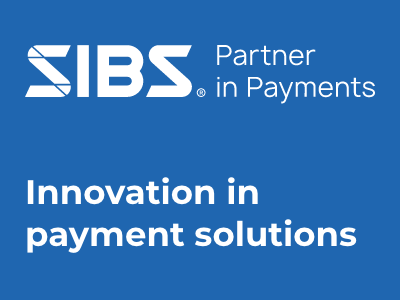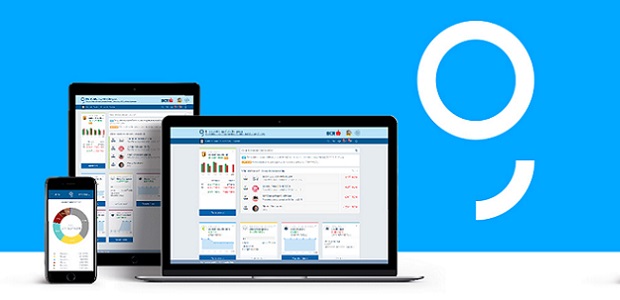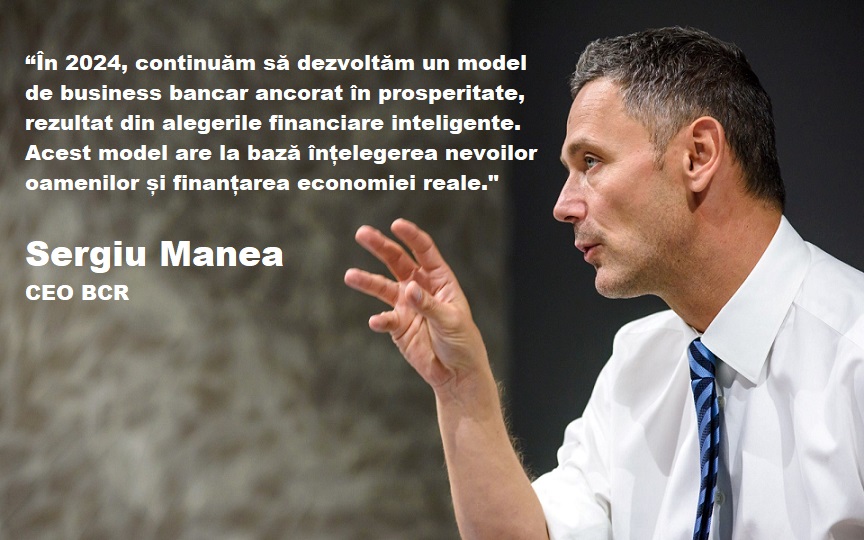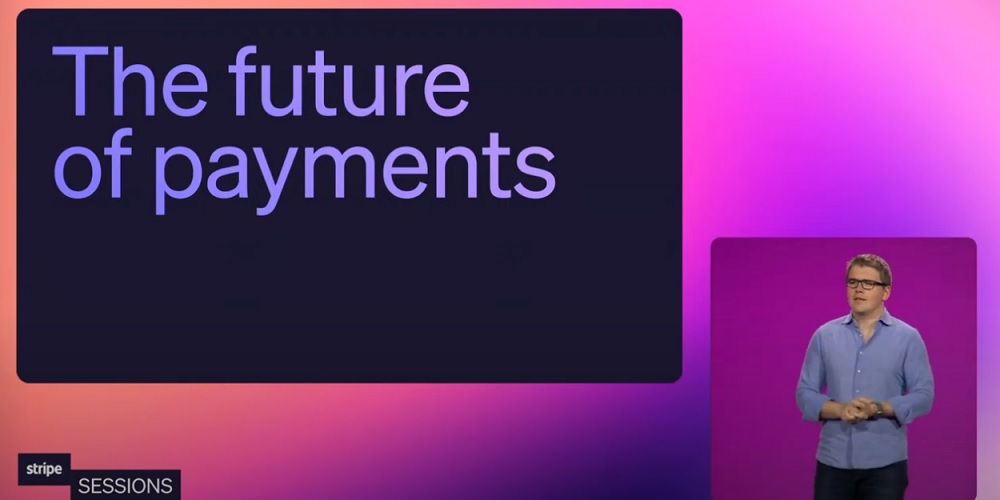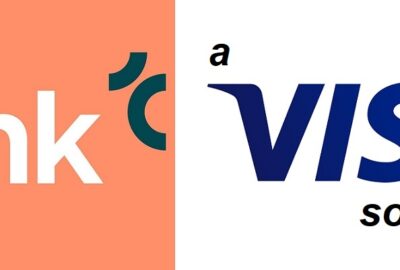Elevator Lab: 407 applications for the second batch of RBI’s fintech partnership program

Raiffeisen Bank International AG (RBI) has received 407 applications for the second batch of “Elevator Lab”, RBI’s fintech partnership program. This means an increase of more than twenty per cent compared to the first batch when 336 fintech start-ups used the opportunity for a potential long-term cooperation with the RBI Group and its 16.6 million customers in Austria and the Central and Eastern Europe (CEE) region.
The majority of applications came from Europe (302; 74 per cent), with Asia (70; 17 per cent) and North America (27; 7 per cent) coming second and third, respectively. Since RBI regards Austria and CEE as its home market, it is worth mentioning that 5 per cent (21) came from Austria and 42 per cent (171) from RBI’s CEE markets.
The relatively high number of applications from Russia, Bulgaria, and Romania mirrors the vivid fintech ecosystems in these markets. The number of applications from UK (28; 7 per cent) and Berlin (16; 4 per cent) shows, that RBI has positioned itself as an attractive partner for fintechs in Western European hubs.
Elevator Lab reached out to fintech start-ups with products and solutions for six previously defined areas. The clustering of the submissions shows that 23 per cent (94) of all applications were related to the field of ‘Open Banking’ followed by ‘Advanced Analytics’ (89; 22 per cent) and ‘Investing & Trading Tech’ (61; 15 per cent). The remaining three areas ‘New Branch Experience’, ‘RegTech’ and ‘Corporate Banking’ accounted for 36 per cent (147) of all applications.
„This ratio goes in line with the fact that the most active fintech segment in CEE, both by the number of start-ups founded and by capital invested, is payments.”, according to the press release.
„We are very pleased that we were able to close the application phase for Elevator Lab with such a successful outcome. Elevator Lab has become even bigger and more focused on the CEE region at the same time. We received almost twice as many applications from CEE as in the first batch. Until the end of August, we will be intensively reviewing the documents in order to identify those 30 start-ups, which will have the chance to convince our high-ranking jury of their concepts during the pitching sessions,” said Johann Strobl, CEO of RBI.
The five start-ups that will participate in the partnership program will be selected in Vienna at the beginning of October. RBI has successfully carried out pilot projects with the five finalists from the first batch of Elevator Lab and signed a contract for the development and implementation of a group-wide next-generation business KYC solution (Know Your Customer) with the Austrian-based RegTech start-up kompany. All details concerning Elevator Lab’s further timeline are also listed on the website: http://www.elevator-lab.com/.
In addition to Elevator Lab, RBI launched its corporate venture capital company “Elevator Ventures”, which can offer potential follow-up investments to the participants of Elevator Lab and, at the same time, invest in particularly attractive companies due to the close proximity to fintech ecosystems. All details concerning Elevator Ventures are listed on the website: http://www.elevator-ventures.com/.
Anders Olofsson – former Head of Payments Finastra
Banking 4.0 – „how was the experience for you”
„So many people are coming here to Bucharest, people that I see and interact on linkedin and now I get the change to meet them in person. It was like being to the Football World Cup but this was the World Cup on linkedin in payments and open banking.”
Many more interesting quotes in the video below:
